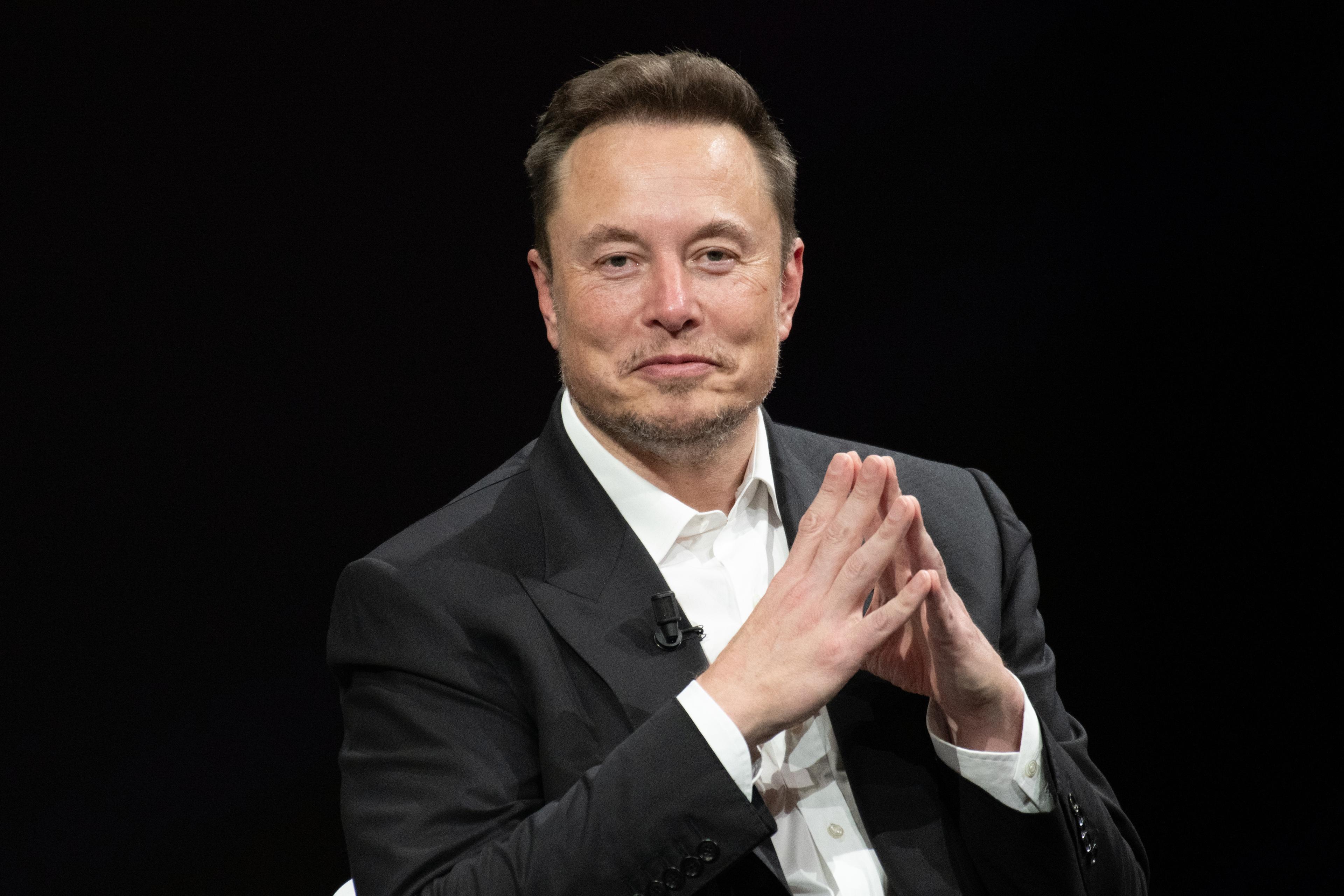Can Israel trust Elon Musk?
Israel and the US raise security concerns over Elon Musk
Elon Musk, the billionaire entrepreneur behind SpaceX and Tesla, is facing growing scrutiny from both Israel and the United States, with concerns mounting over the potential sharing of sensitive information. Nine countries across Europe and the Middle East, including Israel, have questioned Musk's credibility, particularly in light of his involvement with projects that involve handling confidential data.

A New York Times report from Wednesday revealed that U.S. authorities are currently examining the conduct of Musk and his company, SpaceX, regarding confidentiality protocols. These concerns stem from past actions and Musk's significant influence in areas related to national security.
Although Israel had previously permitted Musk to operate the Starlink satellite internet terminals within its borders, recent developments have raised alarms. The U.S. Air Force recently denied Musk a security clearance, signalling a growing reluctance to involve him in sensitive military projects.
Amid these concerns, it is reported that Musk is expected to play a significant role in the incoming Trump administration. He is likely to head the newly proposed Office of Government Efficiency, a position that would focus on "dismantling government bureaucracy, cutting excessive regulations, reducing wasteful spending, and restructuring federal agencies." However, Musk's involvement in this office will remain unofficial, allowing him to continue serving as CEO and owner of his various companies without a formal government role.
As security concerns persist, the question remains whether Musk's influence and handling of sensitive information will align with the expectations of both U.S. and Israeli authorities. Can he truly be trusted?